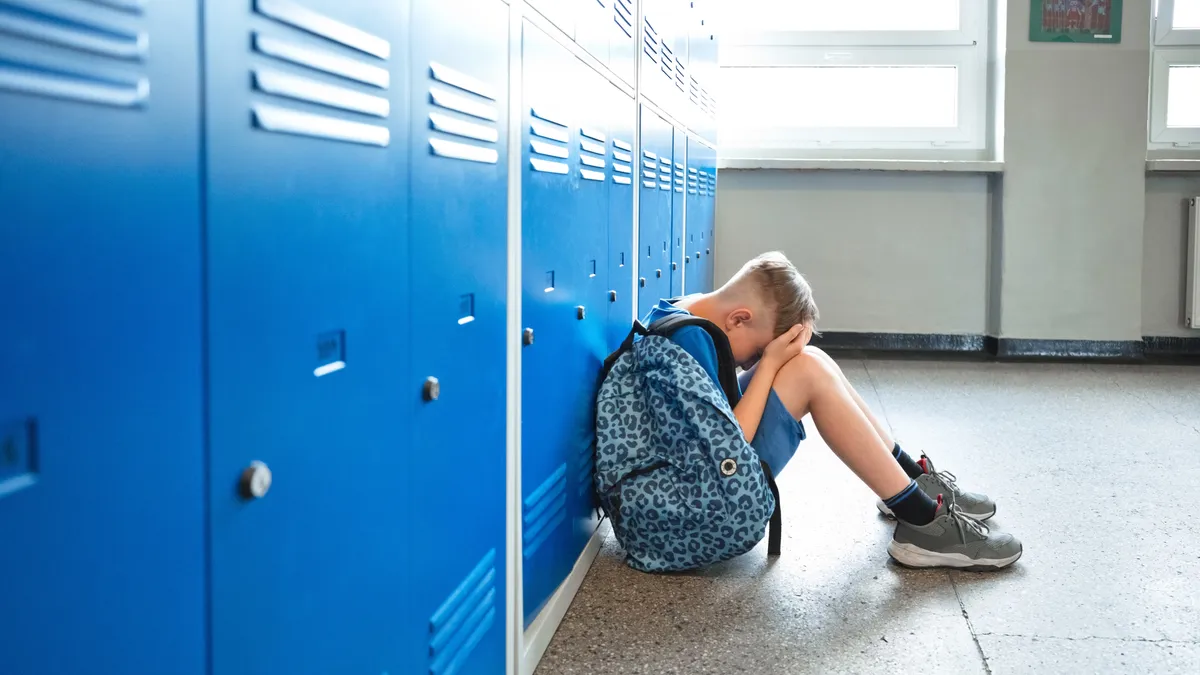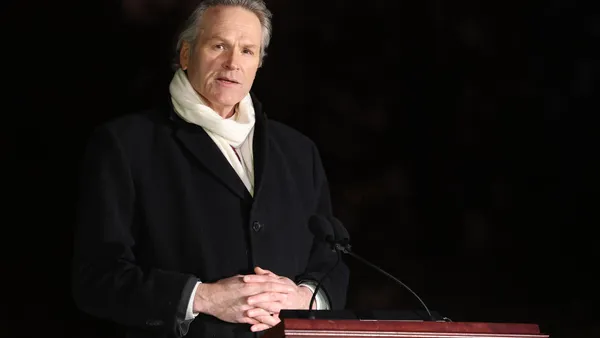Since Nelly Grosso began working in a Denver-area high school as an AmeriCorps member last year, she has strived to bolster students' mental and emotional health by connecting LGBTQ+ students with supportive organizations, helping newcomer students access resources, and reaching out to community partners.
So when she heard about a newly launching Youth Mental Health Corps program aimed at helping teens access critical mental health supports, she jumped at the opportunity to become a corps navigator.
"It's really fulfilling to know that students feel comfortable. Whether or not they're on my radar or my caseload, I have students who don't normally talk to me come ask me for resume help or for college scholarship help," said Grosso, 24, whose current work with AmeriCorps is supported by Colorado Youth For A Change. "In the grand scheme of things, I feel like that all connects to mental health."
The Youth Mental Health Corps is a public-private collaboration between founding partners — the Schultz Family Foundation, Pinterest, America Forward and AmeriCorps — and other organizations. Hundreds of corps members will be deployed to schools and community organizations in Colorado, Michigan, Minnesota and Texas beginning in September 2024. Seven other states — California, Iowa, Maryland, New Jersey, New York, Virginia and Utah — intend to launch their own corps in fall 2025.
The near-peer navigators are high school graduates ages 18-24 who will be trained to recognize signs of mental distress and help students access support for anxiety, depression, loneliness, traumatic stress and more. The program also aspires to increase the number of trained mental health professionals.
Grosso said her previous training covered such topics as support and resources for youth in LGBTQ+, unhoused and Black communities. "There's so much that Colorado Youth For A Change has put into our trainings that have prepared me to be the best support person at the school that I can be," Grosso said.
High demand for supports
U.S. Surgeon General Vivek Murthy, speaking at the corps' kickoff event in Washington, D.C., on May 16, said, "This is an example of what the private sector can do, you know, in collaboration with other forces to actually help not only get young people greater access to mental health care, but inspire a new generation of people to become mental health providers."
The launch of the Youth Mental Health Corps comes as schools report high demand for mental health supports for students but a lack of school-based resources.
In Maryland, a new law effective July 1 requires high school and higher education coaches to receive training in recognizing the signs of mental illness and behavioral distress in student athletes.
Parent survey results published Wednesday from Action for Healthy Kids and the CDC Foundation show parents are also deeply concerned about youth mental well-being.
Some 79% of respondents said schools should have a mental health care provider, according to the survey of 1,016 parents or caregivers of K-12 children. Nearly 70% of parents indicated that their children feel safe and supported at school when they have at least one trusted adult they can talk to.
Parents also said the biggest obstacle for children getting help with mental health at school is the child not thinking they need support.














